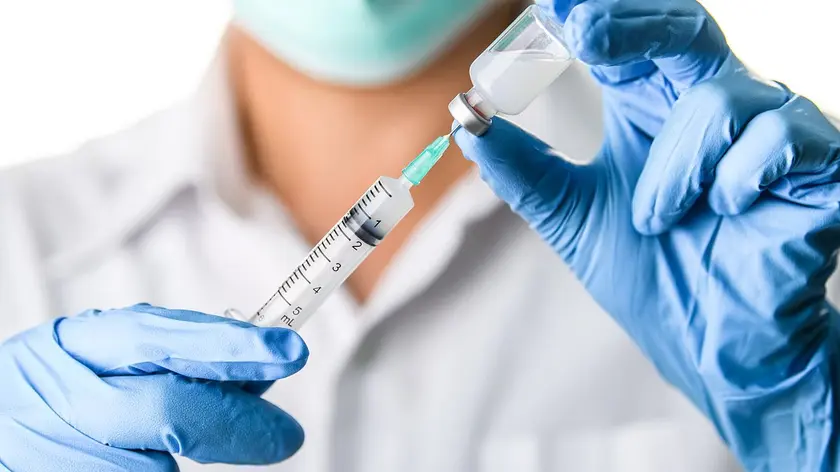T4K3.news
Ginger shows promise for diabetes care at low cost
Early research suggests ginger may help manage type 2 diabetes, but larger trials are needed to confirm dosing and effectiveness.

Researchers see potential in ginger to help manage type 2 diabetes, while new findings highlight the challenges of younger-onset cases.
Ginger shows promise for diabetes care at low cost
A review of five meta-analyses suggests ginger supplements may help manage type 2 diabetes by improving glycemic control and reducing inflammatory markers. Some evidence points to ginger increasing GLUT-4 levels, helping muscles and fat cells absorb glucose and stabilise blood sugar. Doses in trials ranged from about one to three grams per day, but researchers caution that this variability makes it hard to pin an exact effective dose and call for larger studies to confirm results and define how best to include ginger in daily diets.
In a separate thread of health research, a University of Oxford study shows that people diagnosed with type 2 diabetes before age 40 face a higher death rate and more complications, underscoring the need for early detection and tailored care. Lead author Dr Beryl Lin says clinical trials focused on young patients are essential to develop treatments that prevent or delay heart and kidney disease and reduce premature death.
Key Takeaways
"Over the past 30 years, the number of young adults diagnosed with type 2 diabetes has increased markedly worldwide."
Observation from the study on youth diabetes
"We urgently need clinical trials focused on young people to develop tailored treatments which prevent or delay complications, like kidney and heart disease, and crucially, reduce the risk of premature death."
Dr Beryl Lin on the need for trials
"Evidence to date suggests that younger-onset type 2 diabetes, characterised by earlier and longer exposure to high levels of blood glucose, may be more aggressive than later onset disease."
Commentary on disease progression in youth
"This might include faster deterioration in beta-cell function, the cells in the pancreas that produce and release insulin, and a greater risk of complications such as cardiovascular and kidney disease."
Details on potential progression in youth diabetes
Ginger as a potential aid reflects a broader trend toward food-based approaches in chronic disease, but the evidence is not yet definitive. The promise of a low-cost, widely available option must be weighed against gaps in dosing standards and supplement quality. This is a reminder that natural remedies can inspire new care paths, yet they need rigorous testing before they can join standard treatment.
The Oxford findings add a stark public-health angle: younger-onset diabetes demands aggressive, tailored care. For clinicians and policymakers, the lesson is clear—early intervention and continuous support are crucial as the disease can behave more aggressively in younger patients. The challenge is balancing hopeful options with solid evidence and patient safety.
Highlights
- Ginger on the test bench not the prescription pad
- Small spice big questions about dosing
- A low-cost option not a replacement for care
- More trials will decide the real role of ginger
The path from pantry to prescription is long, but this work keeps attention on practical, affordable options.
Enjoyed this? Let your friends know!
Related News

Weight loss with GLP-1 drugs changes life
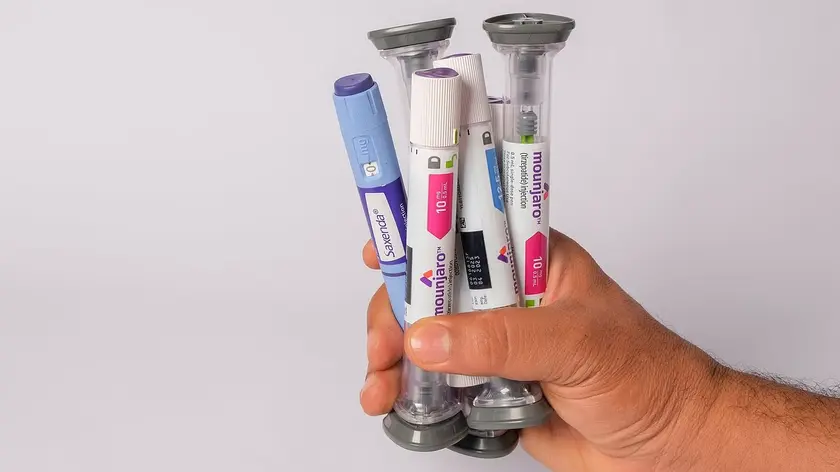
Weight loss drugs entering a new era
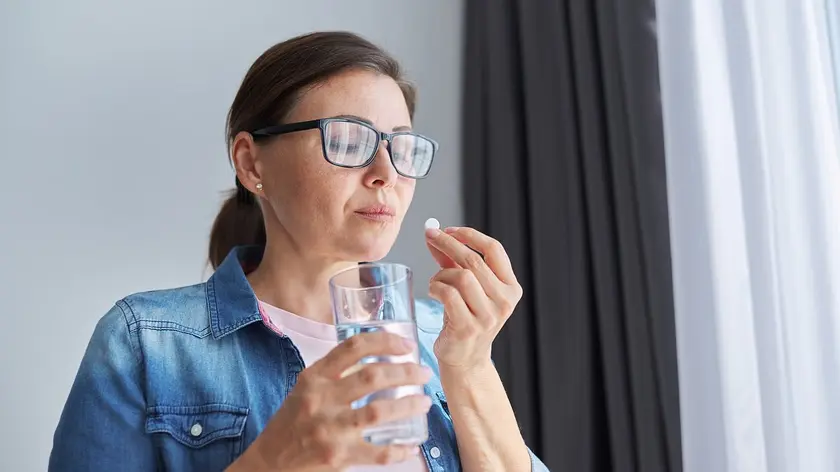
Study finds metformin may help prevent dementia

New studies explore sunlight benefits for health

Conch shell technique shows promise for sleep apnea
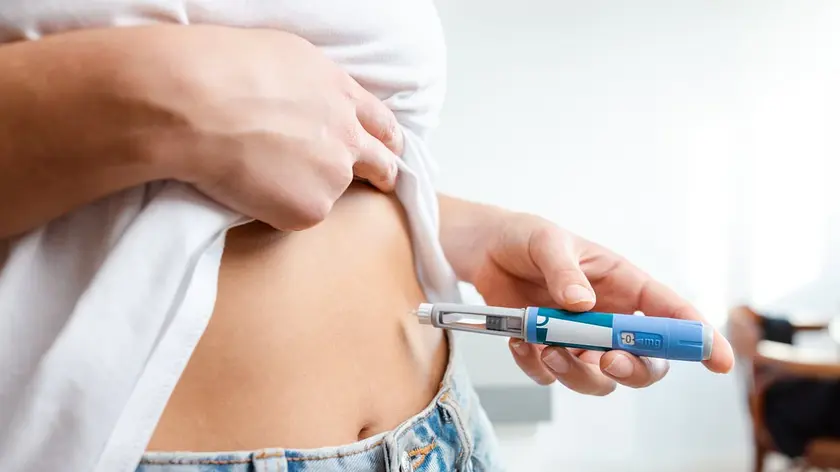
New study reveals Ozempic's benefits for dementia risk in diabetes
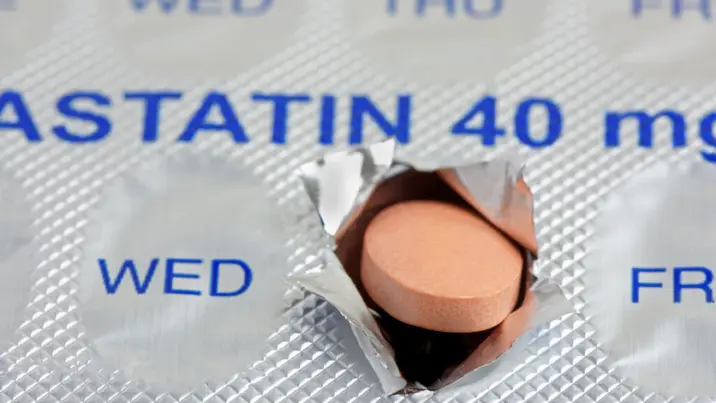
New statin risk model keeps eligibility stable

Conch Shell Breathing Shows Promise for Sleep Apnea
